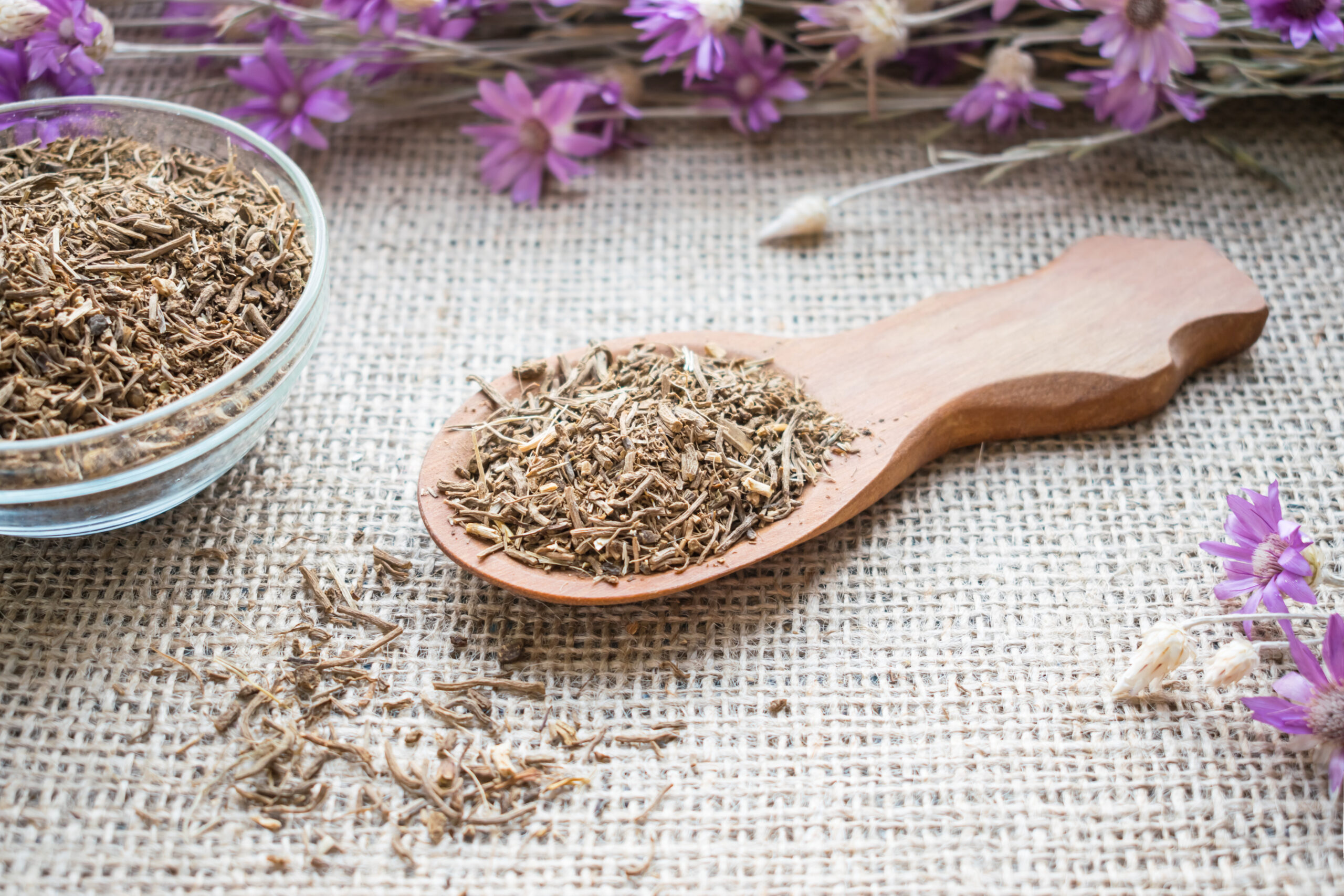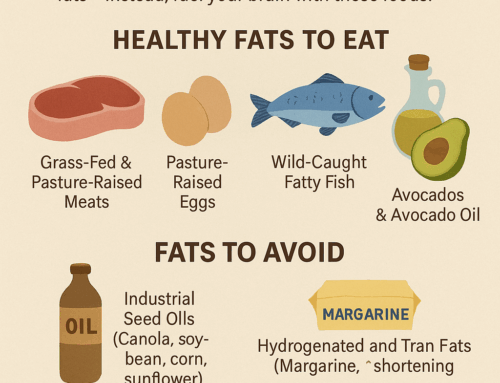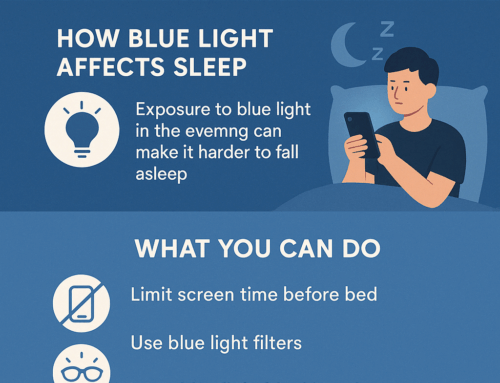Regarding natural remedies for depression and anxiety, valerian root stands out as a potent herb with centuries-old acclaim for its calming and soothing properties. While it’s often celebrated for promoting sleep, valerian’s benefits extend beyond insomnia. Let’s delve into the intriguing world of valerian and explore its potential as a remedy for depression and anxiety.
Valerian (Valeriana officinalis) is a flowering plant native to Europe and Asia, prized for its fragrant flowers and medicinal roots. For centuries, it has been used as a natural remedy to alleviate various ailments, including anxiety, nervousness, and sleep disturbances.
While the exact mechanisms of valerian’s effects on depression and anxiety are not fully understood, research suggests that it may influence the levels of gamma-aminobutyric acid (GABA) in the brain. GABA is a neurotransmitter that helps regulate mood and reduce feelings of anxiety. Valerian contains compounds such as valerenic acid and valerenol, which are believed to enhance the activity of GABA, promoting relaxation and calmness.
Anxiety Reduction: Valerian has been shown to have anxiolytic properties, meaning it can help reduce feelings of anxiety and promote relaxation. Several studies have demonstrated its effectiveness in alleviating symptoms of generalized anxiety disorder (GAD) and situational anxiety.
Mood Enhancement: Some research suggests that valerian may have mood-enhancing effects, making it a potential adjunctive therapy for depression. Valerian may help improve overall mood and emotional well-being by promoting relaxation and reducing stress.
Sleep Improvement: Depression and anxiety often coexist with sleep disturbances, such as insomnia. Valerian’s sedative properties can help promote better sleep quality, which may positively impact mood and mental health.
Valerian is typically consumed as capsules, tablets, tinctures, or teas. It’s important to follow the recommended dosage instructions provided by healthcare professionals or product labels. While valerian is generally considered safe, it is important to seek the consultation of an herbalist or integrative doctor.
Precautions and Considerations: Pregnant or breastfeeding individuals should not consume Valerian. The safety indications for this situation are unknown.
Valerian may interact with certain medications, including sedatives, antidepressants, and alcohol. Discussing potential interactions with a healthcare professional before using valerian alongside other medicines is essential.
Some individuals may experience mild side effects such as dizziness, drowsiness, or gastrointestinal discomfort when using valerian. Discontinue use if adverse reactions occur.
Valerian root offers promise as a natural remedy for depression and anxiety thanks to its calming and anxiolytic properties. While further research is needed to fully elucidate its mechanisms of action and efficacy, many individuals have found relief from their symptoms through valerian supplements. As with any herbal remedy, it’s essential to consult with a healthcare provider before incorporating valerian into your wellness routine, especially if you have pre-existing medical conditions or are taking medications. With its long history of use and growing scientific evidence, valerian is a beacon of hope for those seeking natural solutions to control depression, anxiety, and overall well-being.
Diet also plays a key role in decreasing symptoms of anxiety and depression. Visit our blog, which details how eating well can help.
To learn more about Valerian, visit: https://www.betterhelp.com/advice/anxiety/benefits-and-side-effects-of-valerian-root-for-anxiety/







Leave A Comment